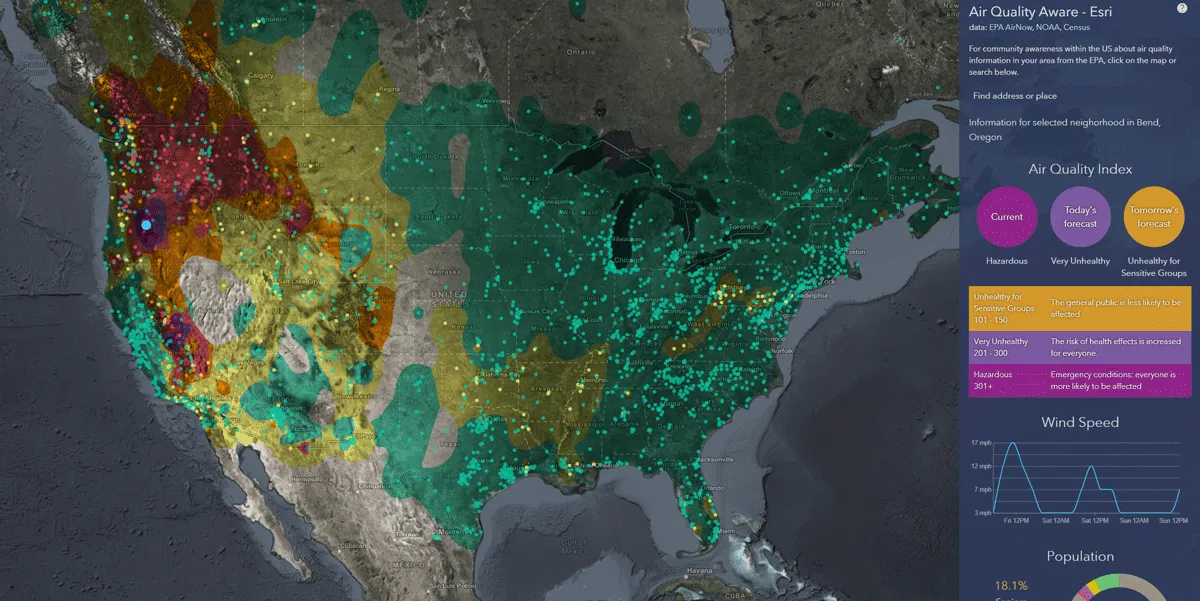The Tamil Nadu government in India intends to replace buses that have reached more than 700,000 kilometres in mileage or those that are more than six years old. The state government will spend US$82 million to buy 3,000 new buses, with the first phase involving the purchase of 520 new buses. Tamil Nadu government also plans to repair 1,432 buses, which will involve an additional investment of US$18 million.
March 23, 2012
Read time: 1 min
The Tamil Nadu government in India intends to replace buses that have reached more than 700,000 kilometres in mileage or those that are more than six years old. The state government will spend US$82 million to buy 3,000 new buses, with the first phase involving the purchase of 520 new buses. Tamil Nadu government also plans to repair 1,432 buses, which will involve an additional investment of US$18 million.










